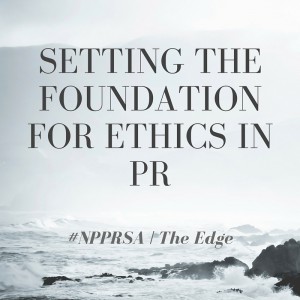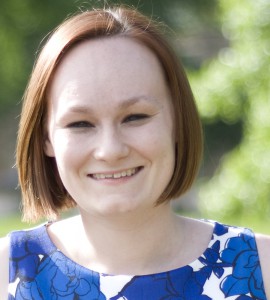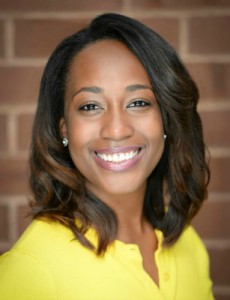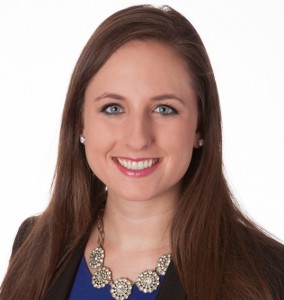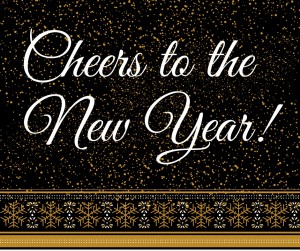 Public Relations professionals have some of the best transferable skills, meaning we can achieve just about anything. We’re great communicators, up-to-date on trends in our respective industries, digitally savvy and most times naturally charismatic. So what’s stopping us from being great in 2016? Nothing! Not even that 2 a.m. crisis that needs you to be in the office at 7 a.m., pushing internal deadlines back a day.
Public Relations professionals have some of the best transferable skills, meaning we can achieve just about anything. We’re great communicators, up-to-date on trends in our respective industries, digitally savvy and most times naturally charismatic. So what’s stopping us from being great in 2016? Nothing! Not even that 2 a.m. crisis that needs you to be in the office at 7 a.m., pushing internal deadlines back a day.
Let’s establish a PR Pact to be our best selves personally and professionally in 2016. Start by reflecting on the things that made you happy in 2015? Do more of that! Think about how you will define success in the new year? I like to think that success is relative and it causes more harm to compare successes of others to your own. Is your success spending more time with family and friends, being able to make time for self-care, spending time volunteering, being able to save more money, or earning a promotion at work? Whatever your success is in 2016, go for it!
Prepare for the goals you want to accomplish.
What do you need to do in order to achieve your 2016 goals? If it’s something like securing more press for a client, take time before the new year to edit and revise your media list. Pick the top 10 journalists you want to establish relationships with and start connecting with them. It can also save you time and headache to prepare a client editorial calendar of the publications you hope to pitch in 2016.
Do something for you! Now is the time to start working on your passion project.
Life is way more fulfilling when you have something to call your own. What’s that one thing you spend the most time thinking about? That’s your passion. This year, take more time to nurture your passion, you never know where it may lead you.
Surround yourself with people who will challenge you to be great.
From networking in-person to online networking, taking time to surround yourself with inspiration is important to being your best self. What if that time you spent at networking events and on social media was focused on seeking out people in the profession you admire? This can be a formal or informal mentor, an accountability buddy or just a friend in the industry. Don’t take too much time admiring, though, as most of your energy should be towards using what you learn to reach your goals.
Remember the power of the word “no”.
What were the things that sucked the life out of you in 2015? What projects drained you and took the fun out of Public Relations? It is okay to say no, even to your supervisor. Just remember to have a reason and an alternative project to keep you busy.
If your goal is to take more time for self-care. Just like you would any other important meeting, schedule it. Say no to anything getting in the way of reenergizing your mind, body, and soul. This year, think of yourself as your biggest client.
Remember, action is the energy that translates goals into reality. A break is nice every once in awhile, but don’t be a set it and forget it type goal-getter. Take action to break boundaries in 2016!
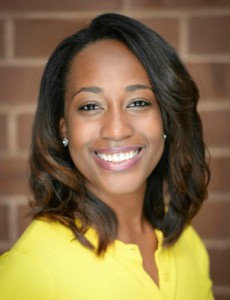 Jasmine L. Kent, a member of PRSA-NCC, focuses on building community through dynamic events and engaging online marketing as a freelance integrated communications professional in Washington, DC. Keep up with her on Twitter at@LoveJasPR or visit LoveJasPR.com.
Jasmine L. Kent, a member of PRSA-NCC, focuses on building community through dynamic events and engaging online marketing as a freelance integrated communications professional in Washington, DC. Keep up with her on Twitter at@LoveJasPR or visit LoveJasPR.com.

